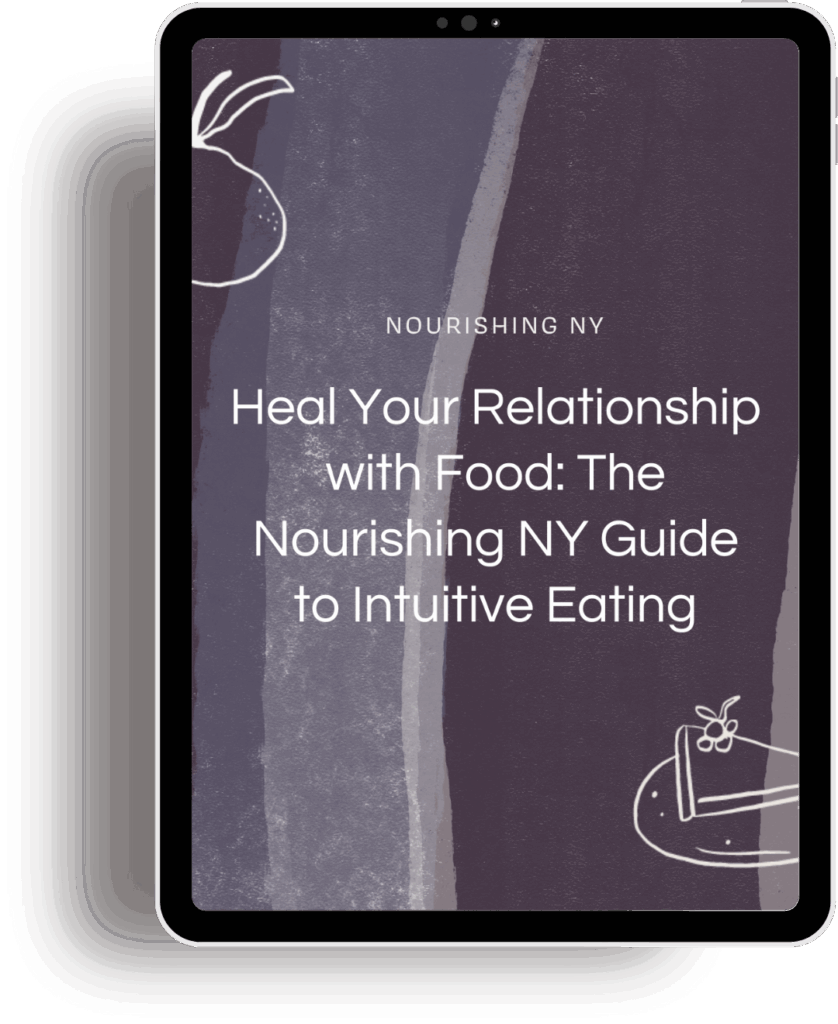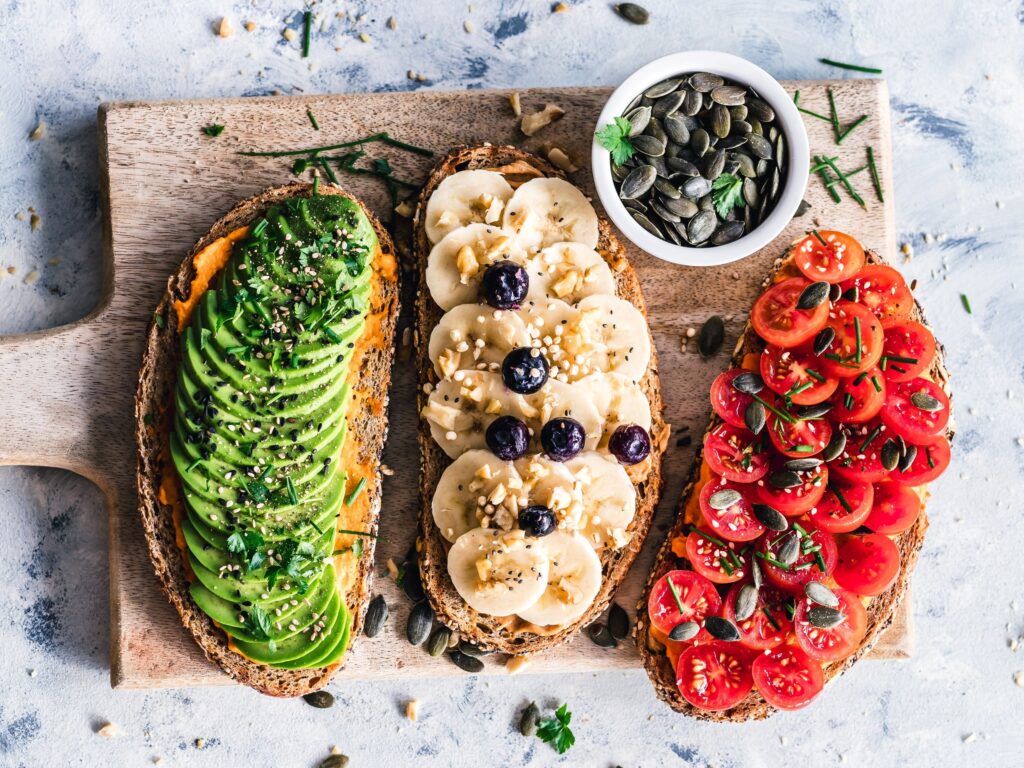Veganism is a way of living that rejects the commodity status of animals. People who are vegan will forego items or services that use or exploit animals. An ethical vegan will completely abandon all animal products including food and non-food items. A dietary vegan, on the other hand, will stop eating animal foods, but they may continue to use animal products in their clothing and other areas of their life.
Making the choice to become an ethical vegan is commendable but complex. An individual who does not consume any animal foods may be at risk for nutrient deficiencies. Specifically, vegans may lack protein, iron, calcium, zinc, and vitamin B12 in their diets. However, a vegan diet is still possible within a healthy lifestyle. Choosing nutrient-dense foods along with vitamin and mineral supplementation can greatly improve a vegan lifestyle.
Similar to the ethical vegan, the dietary vegan is complex. Their motivations are varied and sometimes misguided. Many people choose to give up animal products from their diet due to supposed health benefits. If this is an individual’s only motivation, their behaviors towards food should be carefully addressed. In a truly healthy lifestyle, ALL FOODS FIT – vegan or not.
What foods are considered vegan?
Vegan foods are any foods that do not contain animal products. This means no meat, poultry, fish, dairy, eggs, and honey. Because of these restrictions on protein-rich foods, alternative sources of protein are gaining popularity. Examples include impossible burgers, beyond beef, and soy proteins.
Plant protein is not above all and here’s why.
Vegan sources of protein are designed to take the place of meat. However, a plant-based protein like tofu does not contain as much riboflavin, niacin, pantothenic acid, vitamin B6, and vitamin B12 as meat does. While tofu may contain a comparable amount of iron to meat, the iron found in tofu is less bioavailable. This means that the iron cannot be absorbed as easily, so our bodies cannot utilize it in its full amount. Additionally, fish is rich in many minerals such as iron, zinc, iodine, magnesium, and potassium. These nutrients are lacking in adequate amounts in plant proteins. Fish is also rich in omega-3 fatty acids, which are important for overall body and brain health.
All types of proteins have unique health benefits, so they are all needed in a balanced diet. Together, eating a wide variety of foods will help our bodies maintain proper functioning and make us feel energized. If eaten in moderation, animal proteins can contribute to delicious, satisfying, and nutrient-dense meals. Plant protein is not superior to any other, so eat what you enjoy!
How is veganism related to eating disorders?
Dietary veganism can be the first step towards ethical veganism, as animal products are difficult to give up at once. On the other hand, dietary veganism can be related to eating disorders. Individuals with eating disorders often reject certain foods and ban “impure” meals. Saying no to food is a lot easier when you have a socially acceptable reason: veganism.
This is not to say that every case of veganism is an eating disorder in disguise. Instead, learning the signs is crucial to protect yourself and your loved ones. What may start out as a neutral vegan diet can transform into something terrible and unhealthy. Catching these dangerous behaviors early on can prevent an eating disorder from taking over an individual’s brain and affecting every area of their life.
What are the signs of dangerous veganism behavior?
It starts with your motivations. Did you become vegan because it allows you to stay nourished and energized? Or did a celebrity, trend, or past diet inspire you? Most concerningly, did you become vegan as a way to cover up why you ban certain foods and skip meals?
It continues with maintenance. Is veganism easy to maintain? Does it make sense for your current circumstances? Or does it isolate you from your surroundings, resulting in cheat and binge days?
It ends with results. How has veganism altered your life? Does it improve your mood, condition, or health? Or does it make you anxious and sick as you punish yourself for each slip-up?
Remember: Recovery is Possible.
It is not easy or quick, but it is within reach. It may be uncomfortable especially when a significant amount of weight must be restored. Trust a qualified ED professional and your loved ones that they will help you recover. Recovery can be riddled with setbacks, but it is part of the natural process. If you suspect that you or a loved one may be struggling with an eating disorder, you deserve help.
Sources:
Rogers, Melainie. “Veganism & Eating Disorders: Challenges & Myths.” YouTube, uploaded by
BALANCE Eating Disorder Treatment Center, 6 April 2021, www.youtube.com/watch?v=-edFnx-O0wE.



